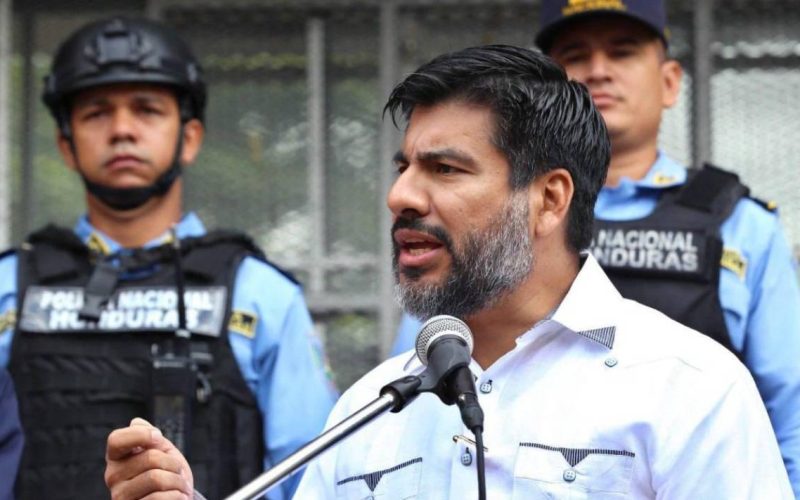Attorney General Johel Zelaya’s statement about an alleged plot to assassinate former President Manuel Zelaya Rosales and sabotage the upcoming elections has sparked heated controversy in Honduras. While the Public Ministry asserts that there is “technical and scientific evidence” to support the allegations, broad sectors of the opposition and the public reacted with skepticism, interpreting the announcement as a political maneuver in a context of high institutional tension.
Presentation of evidence and immediate reaction
El fiscal general mostró grabaciones y otras evidencias al público que, según él, demostrarían la existencia de un complot contra el expresidente y el asesor presidencial. Sin embargo, la reacción del público fue más escéptica que preocupada. En las redes sociales y en las conversaciones diarias, la noticia provocó una ola de memes y burlas, con comentarios que restaban importancia a la veracidad de las acusaciones.
Several users recalled similar episodes in the past, when political leaders denounced alleged conspiracies that were later unconfirmed. This parallel reinforced the perception among part of the population that this was a recurring script in Honduran politics.
Criticism from the opposition and political interpretation
The opposition said that the accusation could be a “smokescreen” intended to divert attention from the structural problems facing the country. Among these, they mentioned corruption, unemployment, and public fear of possible fraud in the elections. From this perspective, the allegation of a plot served to shift the public debate away from issues that directly affect governance and social stability.
Analysts and political leaders agreed that the way in which the complaint was communicated, as well as the immediate reaction of the public, deepened mistrust toward institutions. Instead of generating a sense of alertness in the face of a major threat, the prosecutor’s statements reinforced the perception that the political system resorts to dramatic narratives without real consequences.
An examination of the decline in trust in institutions
The scenario shows, at its core, the breakdown of confidence between the government and the public. In an environment characterized by political division and weak institutions, declarations of this type further increase public doubt. The reaction of the people, mainly through online satire, serves as a sign of the gap between government statements and public trust.
For actors such as the LIBRE party, to which former President Zelaya belongs, the challenge lies in managing the implications of an accusation that directly involves one of its historic leaders. Meanwhile, the opposition insists that such allegations must be rigorously investigated, but without distracting from the central issues afflicting the country.
The controversy surrounding the alleged plan against Mel Zelaya is part of a political landscape marked by mistrust of institutions and constant conflict between the executive branch, Congress, and the opposition. In this context, the public reaction to the prosecutor’s allegations reflects not only skepticism but also a symptom of the deep crisis of legitimacy facing the Honduran political system.
